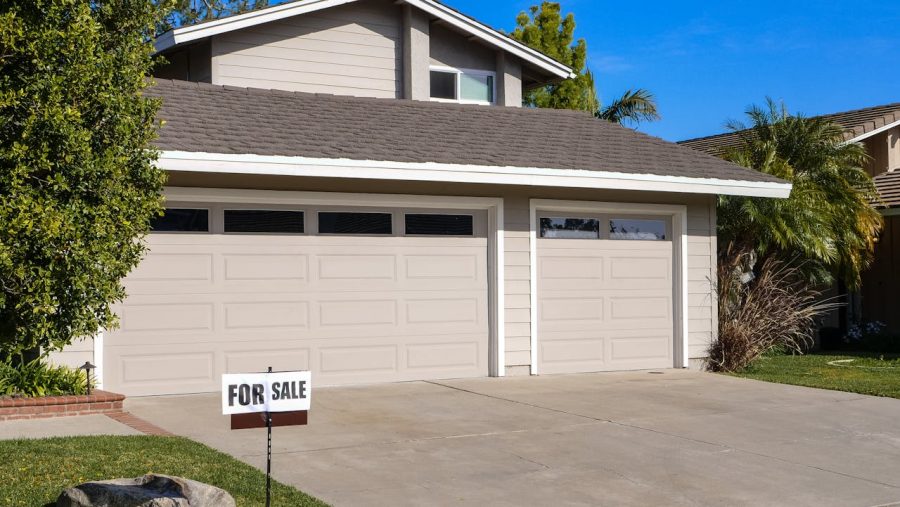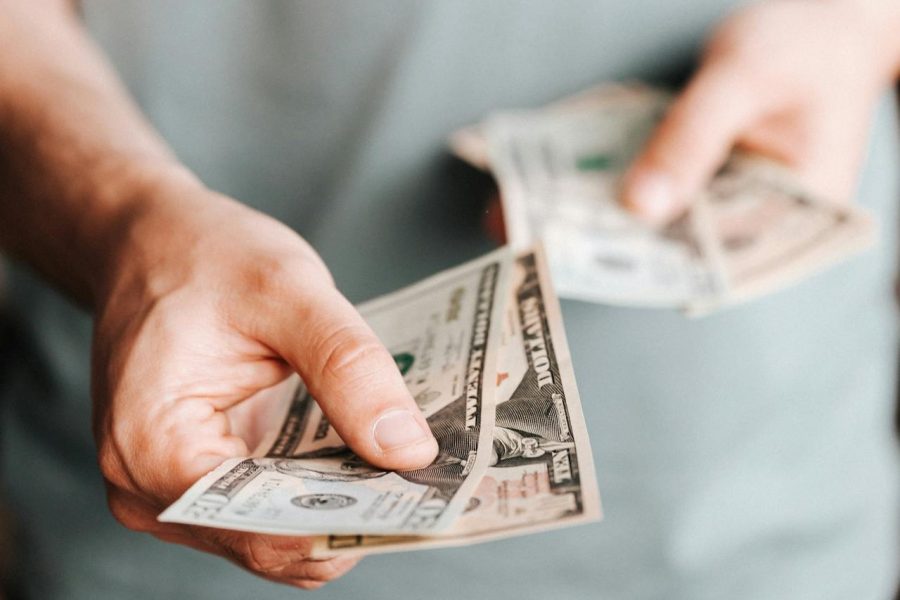The worst part is that you are spending it, and you aren’t even aware of it! If you are serious about milestones in your life, and you want to meet certain financial goals, you have to pay attention to how you spend the money you earn. The way you spend can make all the difference.
Whether you will retire comfortably or have to work hard through your old age is completely up to you. If you haven’t noticed, just a few wrong habits are more than enough to rob you of your hard earned cash. These habits are spending a lot more than you are aware, and if you are looking to attain financial independence and want to be in control of every penny you make, you should be aware (and even better get rid of) these habits.
 Drinking bottled water
Drinking bottled water
 If you get your recommended amount of water exclusively from a bottle, you will spend 1000 dollars more per year. In comparison, it will cost you 50 cents per year to get healthy tap water. If your tap has a chlorine flavor, you can refrigerate it overnight before drinking it. Stop buying things you don’t really have to.
If you get your recommended amount of water exclusively from a bottle, you will spend 1000 dollars more per year. In comparison, it will cost you 50 cents per year to get healthy tap water. If your tap has a chlorine flavor, you can refrigerate it overnight before drinking it. Stop buying things you don’t really have to.
 ATM fees
ATM fees
Whenever you use an ATM that is not on your bank’s network, you usually incur these fees. You might be wasting money without knowing if you use an out-of-system ATM just two times per week. What you can do in order to save money is switch banks or open an account that is better situated to where you work and live. If you use one ATM every time you need cash, and it is not your bank’s, you should open an account in another bank to save money.
“The urge to spend all you make is called consumer mentality. Try to get investment mentality instead.” —Edward H. Romney
 Eating out
Eating out
Cooking is sometimes tough. Occasionally, you’ll be too tired to cook, and eating out will seem like a small price to pay for that bit of comfort. Yeah, but when you stop eating out and change your dining habits, you might save hundreds or even thousands of dollars each year. Just think about it — how hard can it be to learn how to cook?
 Gourmet coffee
Gourmet coffee
It just seems inexpensive to spend a few bucks every day at the local coffee bar, doesn’t it? Well, if you stop and think just how much money you wasted this way, you will realize that brewing your own coffee at home isn’t so bad, difficult, or time-consuming. It means one thing though – money saving!
 Regular oil changes
Regular oil changes
We get that you want to stay on top of the routine maintenance of your vehicle, and that is one of the good habits. However, when you are changing the oil in your vehicle for every 3000 miles, you might be throwing money away. In case you did not know, many new vehicles don’t need an oil change this quickly. They are using synthetic oils that can last for over 8000 miles, or even more.
 Purchasing brand names
Purchasing brand names
 We know that we are all conditioned by advertisers to always look for brand names when we look for quality, regardless the price. Unfortunately, that costs a lot, and it even doesn’t always guarantee quality. Try buying generic brands, and you just might save up to 20 percent on every purchase.
We know that we are all conditioned by advertisers to always look for brand names when we look for quality, regardless the price. Unfortunately, that costs a lot, and it even doesn’t always guarantee quality. Try buying generic brands, and you just might save up to 20 percent on every purchase.
 New things
New things
Sometimes, you don’t really have a need to buy something new, but you do it anyhow. When buying an originally packaged product, you are subjecting yourself to paying the double price. When you buy something right after its release, it forces you to pay more. According to experts, nobody should buy new stuff because it makes better financial sense to buy secondhand.
 Initial offers
Initial offers
Nobody seems to be haggling anymore. We all seem to accept the first offer when we are buying things. It doesn’t hurt to ask for a lower price, and it might pay off. Many people see the prices of cable bills, hotel fees, home accessories, and similar as non-negotiable. Try haggling more, and you just might surprise yourself with the amount you can save up this way. And remember – nothing is set in stone, especially not the prices!
 Infomercial buys
Infomercial buys
The infomercial industry brings around 400 million dollars per year. The temptation of buying lower and faster when we watch infomercials can become very wasteful. Many of these things end up completely unused. So, instead of buying on an impulse, stop yourself for a moment and think “Do I really need this, and what for?” It might save you a real fortune.










